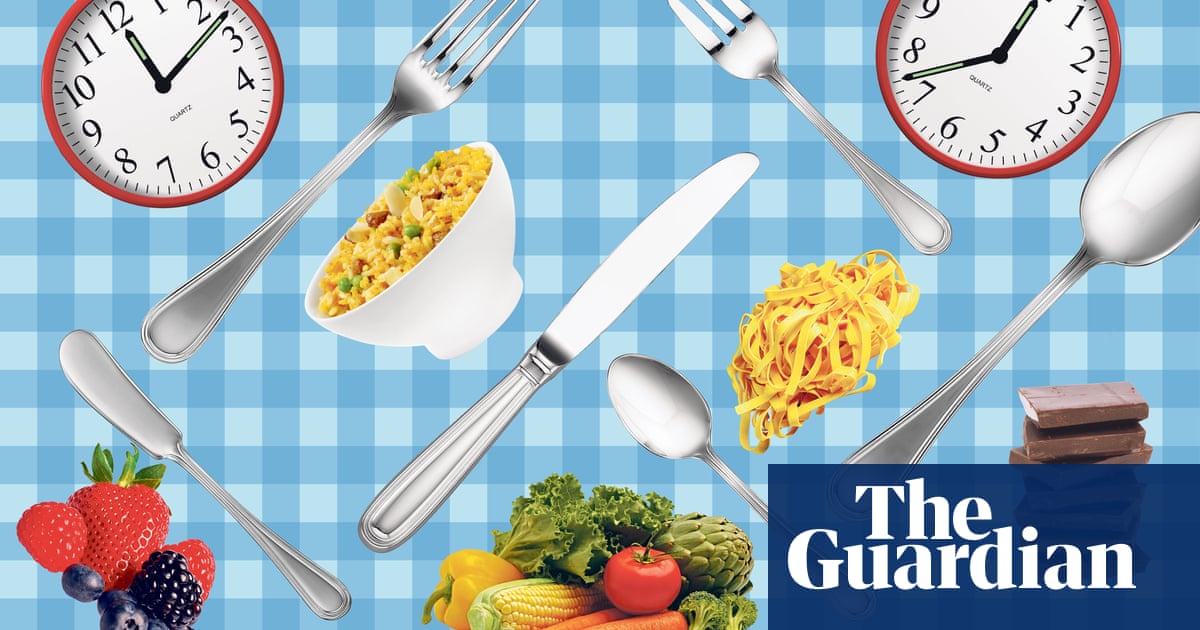
n those strange, unending days of the spring lockdown, the thing that marked time for many of us in the UK was the weekly round of applause for NHS staff and other care and key workers. Every Thursday at 8pm, people stood on doorsteps or leaned out of windows, clapping (or whooping or bashing pans) in appreciation of those who were working in difficult circumstances. The first, on 26 March, took place three days after Boris Johnson addressed the nation, and knowing it was happening across the country created a rare feeling of unity, as well as introducing many of us to our neighbours for the first time.
Similar events had taken place in Europe; Annemarie Plas had seen them on a Dutch WhatsApp group she belonged to. She thought it would be good to do something similar in the UK, and created an image that she posted on social media. It was quickly shared. “Within a couple of hours, it was on Victoria Beckham’s page,” she says. “It was quite surreal watching it spread.”
Plas, who moved from the Netherlands to London in early 2018, had been teaching yoga, although studios had closed, and working in sales for a software company. She and her husband were also looking after their toddler at home. Suddenly, she became a spokeswoman for the Clap for Our Carers movement. It took up a lot of time, but she says: “It was such a nice thing to be part of. I knew it was temporary and in no way was it the same stress as some people were experiencing.”
The applause, described by the Queen as an “expression of our national spirit”, although created as a celebration, also took on other shades. People told of being “shamed” by neighbours for not applauding, and it was galling to see politicians, especially Conservatives including Johnson, joining in despite a decade of underfunding, appalling treatment of vital immigrant NHS workers, and failures to protect them with testing and adequate PPE. One NHS consultant wrote that it was “a sentimental distraction from the issues facing us”.
“The narrative around it was changing,” says Plas. She was pleased that politicians acknowledged the depth of people’s appreciation for the NHS and key workers, but says: “It was also up to them to pick up the bill and start doing more than just applaud, because the applause was actually for us normal people.” She realised it was time for the weekly gesture to come to an end and said she would stop supporting it after the 10th week. “To keep the positive impact, I thought it was best to stop then.”
The clapping did not completely stop. In July, Plas was invited to clap outside No 10 with Boris Johnson, to mark the 72nd anniversary of the NHS. “I was pleased that I could at least address things personally, for instance that the NHS needs to be funded,” she says. She is planning to mark the first anniversary of the movement next year, on the last Thursday in March.
She has also become involved with Together, a coalition of groups campaigning to promote unity, and her parents were impressed that she was invited to meet the prime minister – but life has otherwise returned to whatever looks more like normal these days. Like many of us, Plas found the weekly applause changed her immediate world for the better. “We didn’t know anybody on our street when we moved here a year and a half ago, and now we know who lives on our road,” she says. “That’s really nice.”












